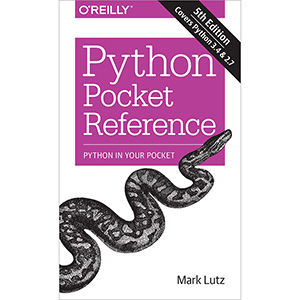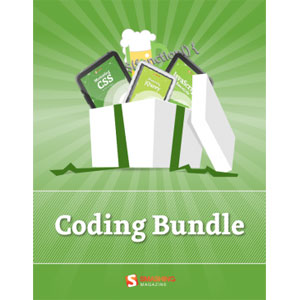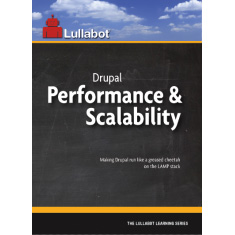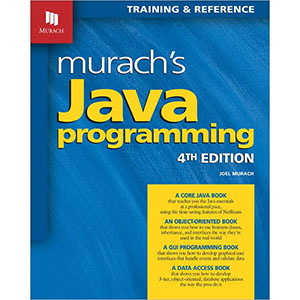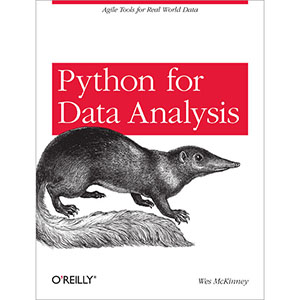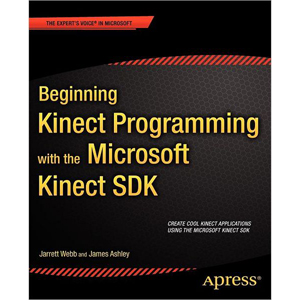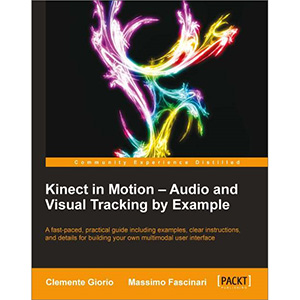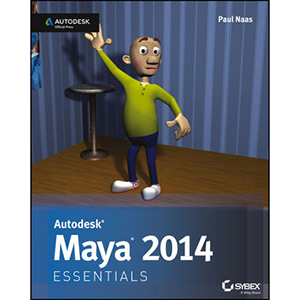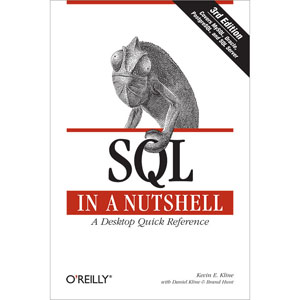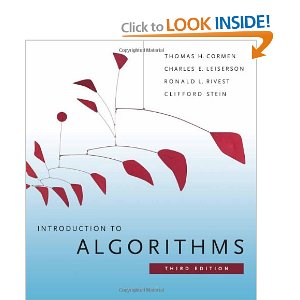Observing the User Experience, 2nd Edition
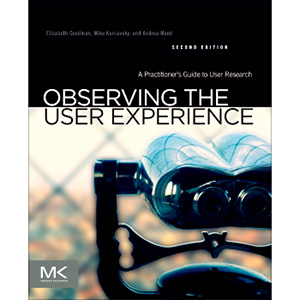
The gap between who designers and developers imagine their users are, and who those users really are can be the biggest problem with product development. Observing the User Experience will help you bridge that gap to understand what your users want and need from your product, and whether they’ll be able to use what you’ve created.
Filled with real-world experience and a wealth of practical information, this book presents a complete toolbox of techniques to help designers and developers see through the eyes of their users. It provides in-depth coverage of 13 user experience research techniques that will provide a basis for developing better products, whether they’re Web, software or mobile based. In addition, it’s written with an understanding of product development in the real world, taking tight budgets, short schedules, and existing processes into account.
Since the publication of the first edition, the business of user research has exploded with new technologies and new techniques. This second edition takes those changes into account with extensive revisions to existing topics. It also adds entirely new material on observational research, mobile usability, diary studies, remote research, and cross-cultural and multilingual projects.
- Explains how to balance usability with creativity and originality
- A valuable resource for designers, developers, project managers — anyone whose work affects the end user experience
- Provides a real-world perspective on research. Helps you do user research cheaply and quickly, and present it persuasively
- Gives you the tools and confidence to perform user research on your own design, tuning user experience to the unique needs of your product and its users
Table of Contents
Part I: Why Research is Good and How It Fits Into Product Development
Chapter 1. Introduction
Chapter 2. Do a Usability Test Now!
Chapter 3. Balancing Needs Through Iterative Development
Part II: User Experience Research Techniques
Chapter 4. The Research Planning
Chapter 5. Competitive Research
Chapter 6. Universal Tools: Recruiting and Interviewing
Chapter 7. Focus Groups
Chapter 8. More Than Words: Object-Based Techniques
Chapter 9. Field Visits: Learning from Observation
Chapter 10. Diary Studies
Chapter 11. Usability Tests
Chapter 12. Surveys
Chapter 13. Global and Cross-Cultural Research
Chapter 14. Others’ Hard Work: Published Information and Consultants
Chapter 15. Analyzing Qualitative Data
Chapter 16. Automatically Gathered Information: Usage Data and Customer Feedback
Part III: Communicating Results
Chapter 17. Research into Action: Representing Insights as Deliverables
Chapter 18. Reports, Presentations, and Workshops
Chapter 19. Creating a User-Centered Corporate Culture
Appendices
Appendix A. The Budget Research Lab
Appendix B. Common Survey Questions
Appendix C. Observer Instructions
Book Details
- Paperback: 608 pages
- Publisher: Morgan Kaufmann; 2nd Edition (September 2012)
- Language: English
- ISBN-10: 0123848695
- ISBN-13: 978-0123848697


